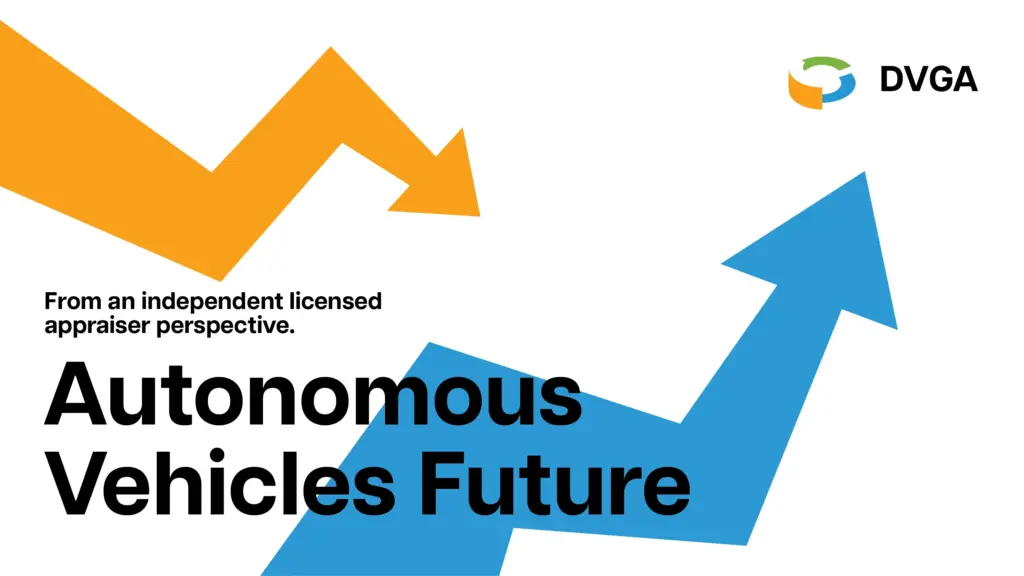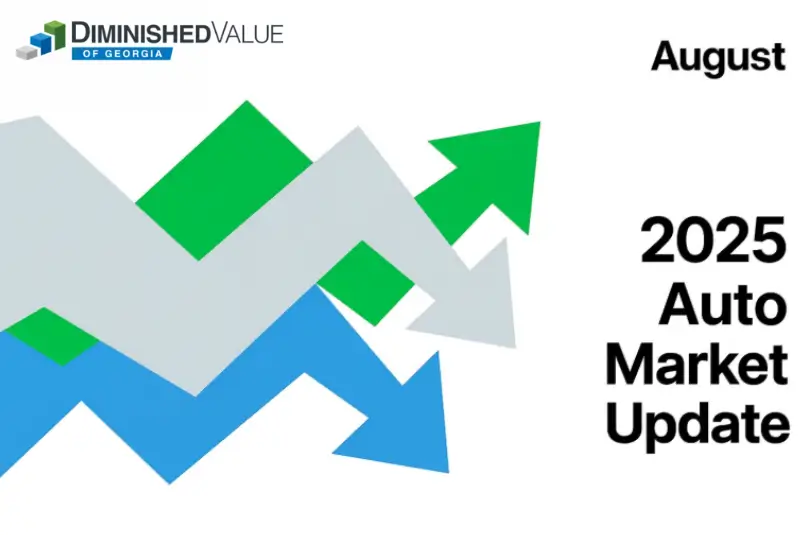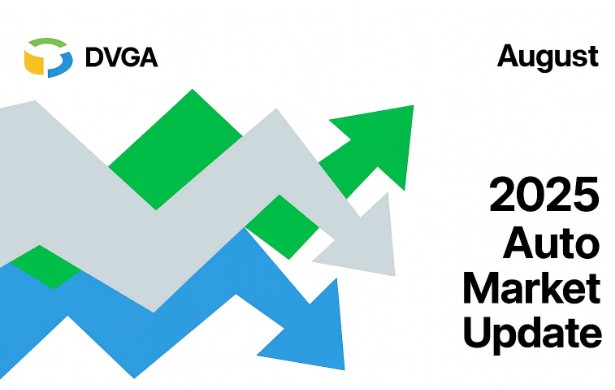
1. The Reality Check: Autonomous Vehicles Shift Gears
The autonomous vehicle (AV) industry is pivoting from grand visions of driverless utopias to practical, incremental advancements. Companies like Ford and GM are scaling back robotaxi ambitions, focusing instead on enhancing advanced driver-assistance systems (ADAS) and securing regulatory approvals for limited autonomy. In Georgia, this shift is evident:
- Hyundai’s AI Testing: Partnering with Nvidia, Hyundai is simulating AV scenarios on Atlanta’s highways to refine safety protocols.
- Mobileye’s “Eyes-Off” Systems: Launching in 2026, these systems will handle lane changes and speeds up to 130 kph, targeting Georgia’s I-75 corridor.
- Legacy Automaker Strategies: Toyota and Honda are prioritizing ADAS upgrades (e.g., automatic emergency braking) over full autonomy.
Why It Matters:
Crashes involving AVs or ADAS-equipped vehicles often trigger complex diminished value claims as insurers struggle to appraise cutting-edge tech like lidar or AI-driven diagnostics.
2. AV Adoption: A Slow but Steep Climb
The AV market is growing, but not as explosively as once predicted:
- Global AV Sales: Projected to reach 800,000 units by 2025, with Level 2+ systems (e.g., Tesla Autopilot) dominating.
- Georgia’s Role: The state’s Curiosity Lab in Peachtree Corners is testing AV ride-hailing and freight solutions, with plans to expand to Savannah’s ports.
Impact on Car Values:
- ADAS Premium: Vehicles with collision avoidance or lane-keeping systems retain 5–10% more value than non-equipped models.
- Legacy Vehicles: Cars without over-the-air (OTA) updates may depreciate faster, seen as “outdated” by tech-savvy buyers.
3. The Insurance Conundrum: Who’s Liable When AVs Crash?
Georgia’s 2017 AV law allows driverless testing but lacks clarity on liability, creating headaches for insurers and car owners:
- Fault Allocation: If a sensor fails in a Level 4 AV, is the owner, manufacturer, or software developer liable?
- Data Battles: Insurers may exploit AV black-box data to argue “preexisting flaws,” slashing diminished value payouts.
Case Study:
A 2024 GM Ultium SUV with Super Cruise was rear-ended in Atlanta. The insurer blamed “autopilot overreliance” and offered $3,200. The owner secured $14,500 using an appraisal that highlighted recalibration costs for LiDAR and AI systems.
4. The Road Ahead: Challenges and Opportunities
A. Regulatory Patchwork
Georgia’s laws lag behind AV advancements, lacking SAE autonomy-level definitions. This ambiguity lets insurers lowball claims for AV-related depreciation.
B. Consumer Trust
A 2025 J.D. Power survey found 62% of Georgians distrust AVs post-collision, fearing hidden software issues. This stigma can slash resale value by 15–25%.
C. Fleet Disruption
AV ride-hailing (e.g., Continental’s driverless trucks) may reduce personal car demand, depressing used values in cities like Atlanta.
5. Protecting Your Investment in Georgia’s AV Era
- Specialized Appraisals: Use Georgia-certified appraisers who understand AV tech (e.g., sensor recalibration costs).
- Document Everything: Save repair logs, software updates, and OEM certifications to counter insurer tactics.
- Leverage Georgia’s 4-Year Window: File claims promptly under O.C.G.A. § 33-4-6.
The Bottom Line
Autonomous vehicles are no longer science fiction—they’re reshaping Georgia’s roads and car values. While AVs promise safer highways, their complexity demands vigilance from owners navigating insurance claims.
Stay Ahead: Get a Free AV-Specific Diminished Value Appraisal.
Sources: S&P Global Mobility, Georgia Tech, J.D. Power 2025 U.S. Mobility Study.



